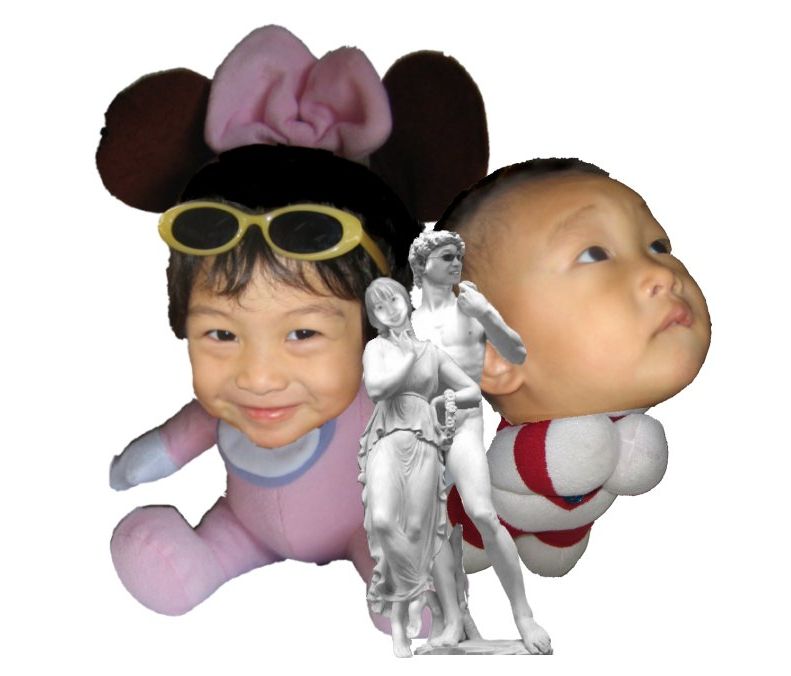
I would like to talk a little bit about a very useful Japanese expression today. Apart from the constant おはいよございます、こんいちは、ありがとうございます frequently used Japanese greetings, you might have heard of this all too common expression 仕方がない[しかたがない] or 仕様がない[しようがない].
I didn't fully understand this expression when I first heard it. However, by looking up a dictionary and having heard it in so many different situations, I think I have a good grasp of its meaning. Literally translated it means, nothing can be done, usually used by the speaker to imply futility in pursuing the matter further, and acceptance of the current situation as is. Let's take a look at a few examples to get a feel for this expression.
Let's say a 3 year old kid accidentally spilled milk all over the floor while pouring himself a glass. You might get a little angry at first, but what can you do over spilled milk right. Especially if the 1.5l milk carton is a little heavy for the 3-year old. So you say it's OK. In Japanese, you'd say something in the line of 「ま~、しかたがないな、片付けようか」. Literally means, "Well, let's not cry over spilled milk, so let's clean it up."
Let me relate a personal incident which happened last year at a local coffee shop in Ueno. It was raining since morning that day. Without an umbrella, it would be almost impossible to travel by foot. So, I went to a local convenient store and got myself a pretty good looking, and sturdy transparent umbrella. I then proceed to meet a friend for yakiniku in Ueno. After that we went to a coffee shop. I placed my new umbrella outside the shop, together with half a dozen of other wet umbrellas. I think my brand new umbrella stood out compared to the old looking ones there. One hour later, when we were ready to leave, I realized that my pretty umbrella was gone. The manager came out sensing something amiss. I told him some jerk just took off with my umbrella. Can you guess what he said. 「ま~、仕方がないね、適当に取ってください」 which translates to something like, "Well, there's nothing we can do, just take one that pleases you," mumbled the manager in a hush-hush tone. I left the shop with a beat-up umbrella, reminding myself to be extra careful next time.
Did you understand this phrase. Good, go and show everybody how immersed you are in Japanese culture by using it liberally in your daily conversation.
 Let's take a look at another very useful Japanese word, 微妙[びみょう]. Literally it means, subtle, or delicate (usually of a situation). This word is used in daily conversation where a clear yes or no cannot be clearly distinguished.
Let's take a look at another very useful Japanese word, 微妙[びみょう]. Literally it means, subtle, or delicate (usually of a situation). This word is used in daily conversation where a clear yes or no cannot be clearly distinguished.



